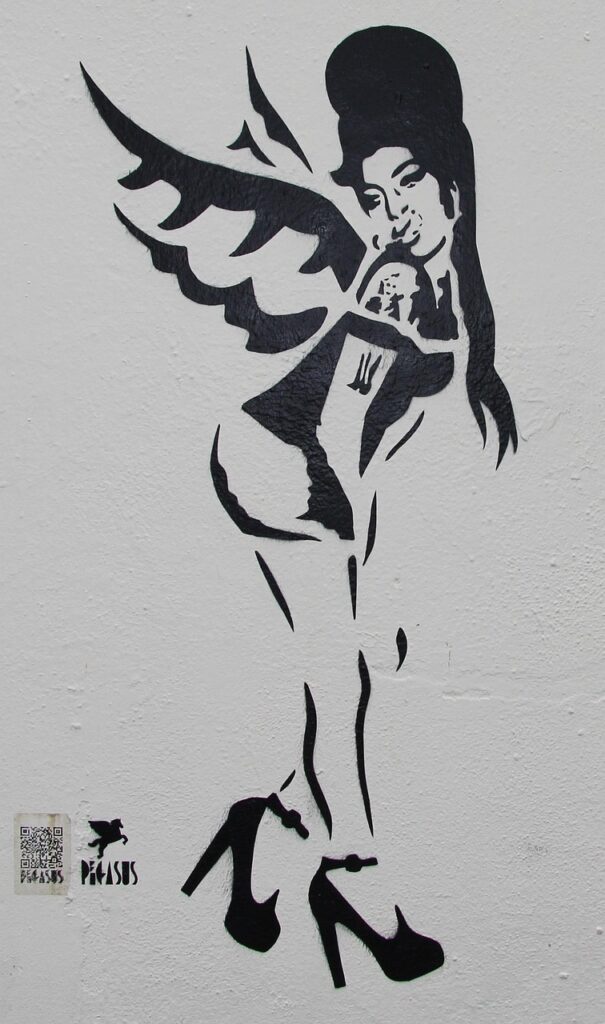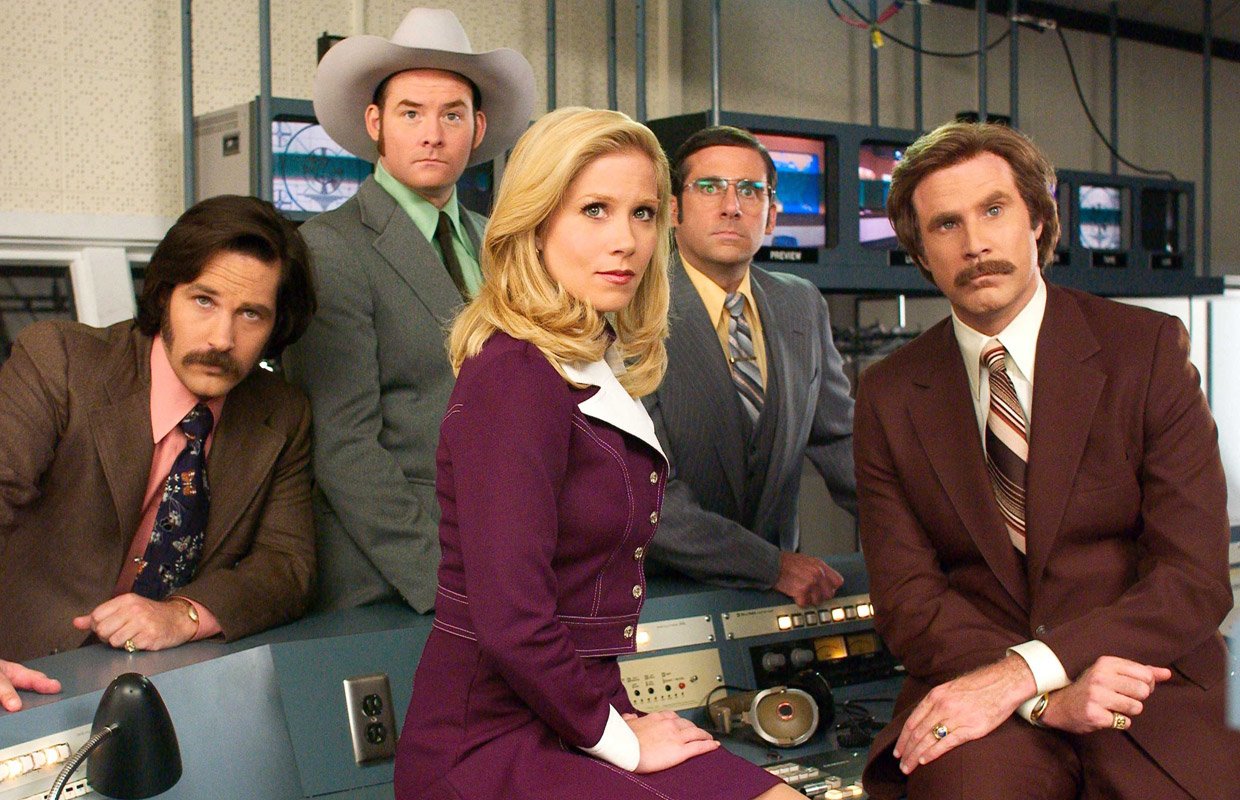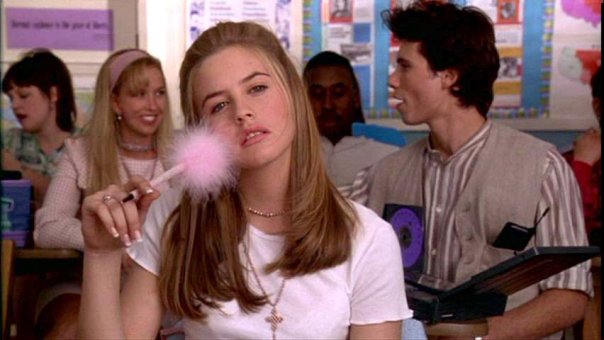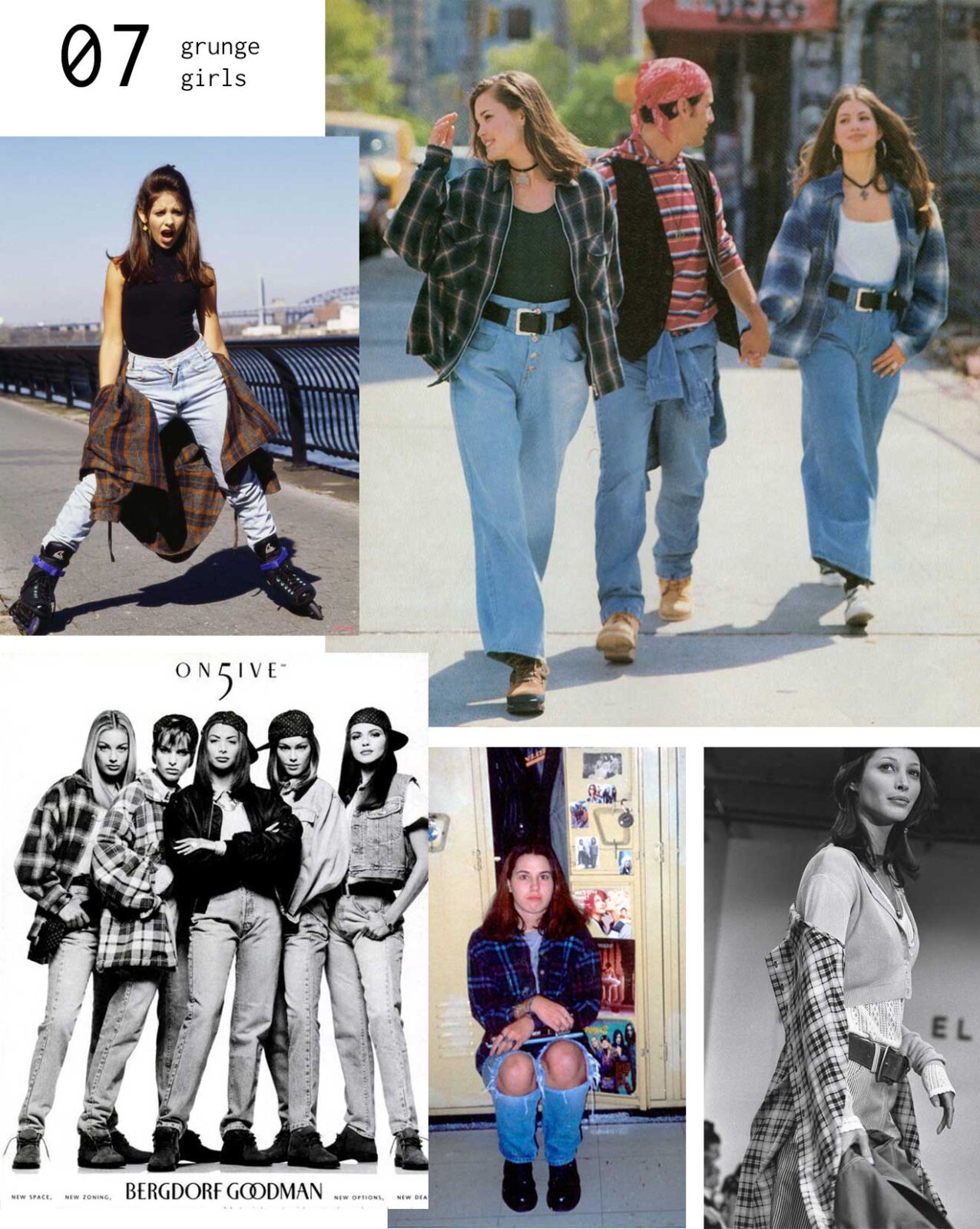
Alright, let’s talk about the ’90s. Beyond the flannel, dial-up internet, and questionable fashion choices, this decade gave us something truly special: a golden age of comedy that unapologetically defied expectations. These weren’t just movies; they were cultural statements, each one a fearless declaration that laughter knows no bounds, no matter how sensitive the subject matter.
What’s truly fascinating is how these seemingly “offensive” comedies often managed to smuggle in some incredibly smart observations beneath their surface-level gags. They played with taboos, tackled societal norms, and often, despite all the raunch and absurdity, presented narratives with a surprising amount of heart. It was a time when filmmakers weren’t afraid to take risks, resulting in a collection of films that remain beloved and highly re-watchable today.
So, buckle up, because we’re about to take a deep dive into some of the most memorable and audacious ’90s comedies that truly didn’t care if you were offended. We’re kicking off with six absolute classics that set the stage for a decade defined by comedic courage, proving that a little irreverence can go a long way in creating cinematic gold. Prepare to revisit some truly iconic moments that pushed the envelope and cemented their place in pop culture history.
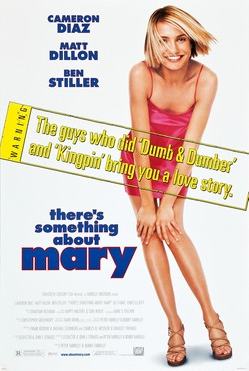
1. **There’s Something About Mary (1998)** This Farrelly Brothers masterpiece is practically a masterclass in pushing boundaries, and honestly, we wouldn’t have it any other way. Right from the get-go, it establishes its territory with gags that some might find utterly repulsive. We’re talking about *that* hair gel scene, among other memorable instances of bathroom and private parts humor, notably in the spectacular opening sequence that sets the tone for the entire film.
But here’s the kicker: if you manage to navigate the initial shock and the relentless parade of gross-out jokes, you’ll find a movie that takes a genuinely radical approach. “There’s Something About Mary” dared to include people with disabilities very much in the mix when it came to the jokes. They weren’t just the butt of them; they were taking and throwing shots along with everyone else, creating a truly inclusive, albeit still outrageous, comedic environment.
This daring inclusion was, for its time, quite revolutionary, showcasing a form of humor that treated all characters as fair game in the comedic landscape, rather than singling out certain groups for mockery or exclusion. It was a bold move that, while controversial to some, resonated with many who appreciated its commitment to an egalitarian brand of comedy.
Beyond the sheer audacity, the film, like many Farrelly Brothers productions and indeed many ’90s movies, possesses a very big heart underneath all the gross-out jokes. It’s a love story at its core, filled with endearing characters and a surprisingly sweet sentiment that grounds the chaos. This blend of crude humor and genuine affection is precisely what makes “There’s Something About Mary” so enduring and a must-watch from the era.
It’s a testament to the Farrelly Brothers’ unique style, proving that you can deliver shock and awe while still making your audience root for the characters and feel the warmth of the narrative. This ability to balance the truly offensive with something genuinely sweet is a hallmark of this film, ensuring its place as a comedy classic that truly didn’t care about offending you, but secretly wanted you to love it.
Read more about: Buyer Beware: These 10 Popular Cars Are Known Money Pits After 100,000 Miles, According to Automotive Experts
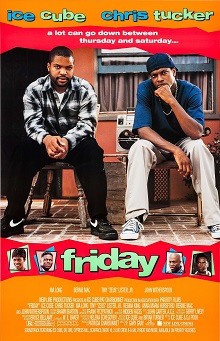
2. **Friday (1995)** “Friday” is one of those films where the title alone conjures images of laid-back vibes and, well, a whole lot of trouble in a single day. The blunt talk exchanged between Craig, played by the iconic Ice Cube, and Smokey, brought to life by Chris Tucker, might definitely turn off a lot of people who aren’t prepared for its unfiltered dialogue. But let’s be real: this movie is undeniably, hilariously funny, and its cult status speaks volumes.
The genius of “Friday” lies in its simple yet effective setup. We witness goodhearted Craig, simply trying to navigate his day, getting unwittingly pulled into a heap of trouble with the formidable Big Worm, all because of his minuscule share in Smokey’s stash. This seemingly minor transgression spirals into a series of increasingly absurd and dangerous situations, painting a vivid picture of a day in the life in South Central Los Angeles.
What truly elevates “Friday” beyond just a string of comedic encounters is its surprising depth. When the story culminates in the big face-off between Craig and Deebo, the neighborhood bully, the film delivers a powerful and pretty stellar message. It left-hooks you with observations about gun violence and what it truly means to “man up” in the face of conflict, offering a mature reflection amidst the laughs.
The movie doesn’t shy away from the harsh realities of its setting, but it navigates them with a compelling blend of humor and heart. It suggests that while it’s undoubtedly better to settle your problems with words, sometimes that option simply isn’t available. In such dire circumstances, the film subtly argues that fists are a far less lethal alternative than guns, pushing a powerful anti-violence message that resonates even today.
This blend of raw comedy, authentic character interactions, and an underlying social commentary is what makes “Friday” a truly iconic ’90s film. It’s a laugh-out-loud experience that also makes you think, solidifying its place as a classic that dared to be real, even if it ruffled a few feathers along the way.
Read more about: Wazzup, Home Skillet! These 10 Essential ’90s Movies Are the Real Deal – Don’t Miss ‘Em!
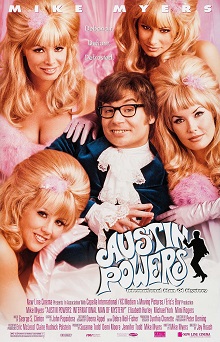
3. **Austin Powers: International Man of Mystery (1997)** Yeah, baby! “Austin Powers: International Man of Mystery” burst onto the scene with a vibrant, over-the-top energy that instantly captured audiences. This movie is gloriously packed with so, so many dicey jokes, a veritable smorgasbord of innuendo and overt gross-out gags. It dives headfirst into the absurdity of the spy genre, lampooning its tropes with unbridled enthusiasm and a distinctly ’90s sensibility.
What makes the humor in “Austin Powers” particularly smart, despite its often silly and gross nature, is that the movie itself is fully aware of its own ridiculousness. It knows the jokes are silly, gross, and stupid, and because of this self-awareness, we, as viewers, feel smart for laughing at it. It’s a clever trick, inviting us into on the joke rather than simply being subjected to it, creating a shared experience of comedic bliss.
A huge part of its charm and comedic intelligence comes from its homage to decades of James Bond-style wordplay. Mike Myers, in his dual role as Austin Powers and Dr. Evil, masterfully twists and exaggerates the classic spy clichés, delivering lines that are both a loving tribute and a hilarious send-up. The film’s commitment to this satirical deep dive is truly commendable.
One scene, in particular, has aged remarkably well, garnering applause even from a crowd of millennials in 2017: Austin’s refusal to bed Vanessa because “’cause you’re drunk, it’s not right.” This moment, almost unexpectedly, showcases a surprising level of respect and foresight. In a movie so steeped in sexual innuendo, this particular line stands out as a genuinely progressive message that still resonates strongly with modern audiences, highlighting a moment of true character.
This unexpected element of ethical conduct within a notoriously raunchy comedy solidified “Austin Powers” as more than just a collection of gags. It showed a comedic intelligence that could be both wildly inappropriate and surprisingly thoughtful, cementing its status as a ’90s icon that dared to be everything at once. It’s a film that truly embraced its identity and didn’t apologize for it.
Read more about: Hollywood’s Enduring Luminary: The Multifaceted Legacy of Carrie Fisher as Writer, Icon, and Advocate

4. **Fear of a Black Hat (1994)** If you’re looking for sharp, incisive satire that doesn’t pull any punches, look no further than “Fear of a Black Hat.” This gem, starring, written, and directed by the multitalented Rusty Cundieff, is an absolute must-see for anyone interested in the constantly shifting landscape of hip-hop culture. It’s a mockumentary that reacted to the trends almost as quickly as they happened, showcasing a remarkable immediacy in its comedic critique.
The film, which impressively premiered at Sundance, masterfully traces the journey of a fictional political/gangster rap group called NWH – with the “H” famously standing for hats. It hilariously depicts how this group splinters into various other genres, reflecting the tumultuous and ever-evolving nature of the music industry. From desperate diss tracks to P.M. Dawnesque philosophizing, and even C&C Music Factory-style dance music, it covers the spectrum.
“Fear of a Black Hat” perfectly captures the absurdity and contradictions within hip-hop, dissecting its commercialization, artistic integrity, and the pressures artists face to adapt or fade away. Cundieff’s keen observations are delivered with a comedic precision that is both entertaining and thought-provoking, inviting viewers to laugh while also reflecting on the culture it critiques.
What becomes abundantly clear throughout the film is its profound love for hip-hop. You simply cannot satirize something this mercilessly, with such intricate detail and nuance, without knowing it intimately, deeply, and passionately. This obvious affection lends authenticity to the satire, making it a critique born out of understanding and respect rather than mere cynicism. We truly love this movie for its wit and warmth.
It’s a testament to how ’90s comedies could be both riotously funny and incredibly intelligent, offering layered commentary on complex cultural phenomena. “Fear of a Black Hat” remains a vital piece of comedic cinema, demonstrating that true satire comes from a place of deep knowledge and a desire to playfully dissect, rather than simply dismiss, its subject.
Read more about: Rodion Shchedrin: An Enduring Legacy of Innovation and Russian Soul, A Retrospective on the Composer’s 92 Years
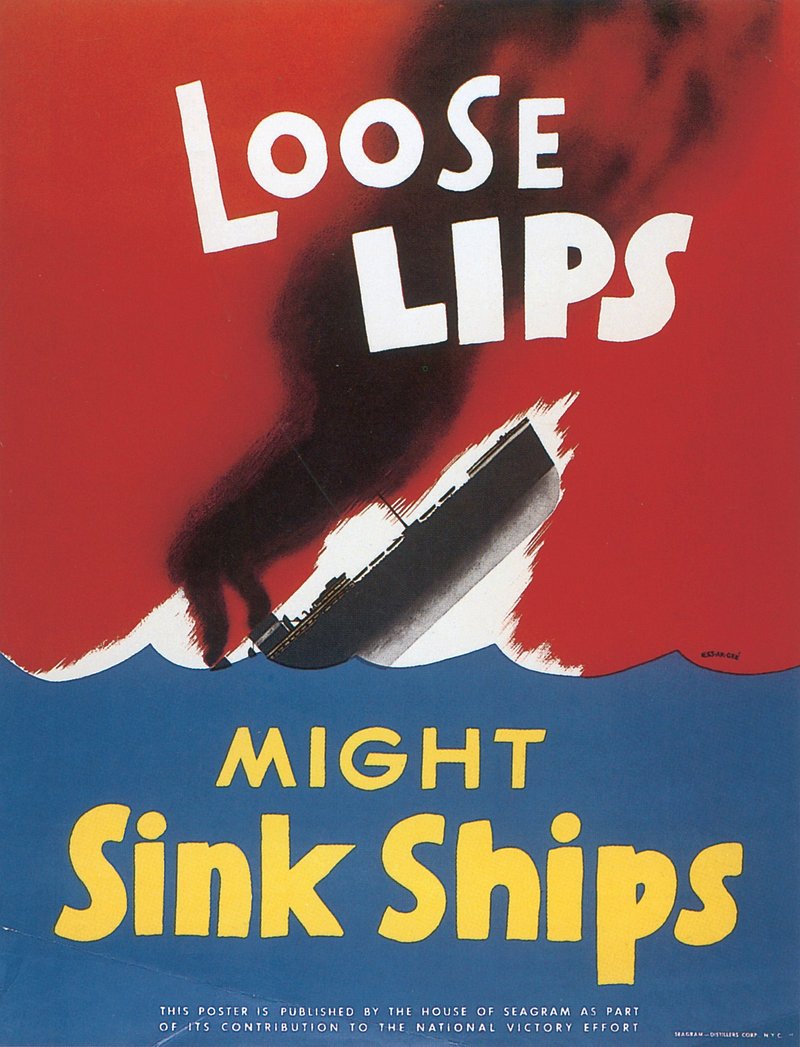
5. **Clerks (1994)** Ah, “Clerks.” A Kevin Smith movie, through and through, meaning you know exactly what you’re getting: a film loaded with coarse jokes, unfiltered dialogue, and a distinctly independent spirit. This black-and-white indie sensation captured the ennui and hilarious frustrations of retail life with a raw, relatable honesty that still resonates.
Among its myriad of rough-around-the-edges jokes, none are perhaps more famously cringeworthy than the sequence in which Dante, played by Brian O’Halloran, laments the rather extensive sexual history of his girlfriend, Marilyn Ghigliotti’s Veronica. It’s a moment that sparks both discomfort and laughter, epitomizing the film’s unflinching commitment to depicting the less-than-glamorous aspects of young adult relationships.
The film doesn’t stop there in its pursuit of discomfort. Dante’s ex, Caitlin, portrayed by Lisa Spoonauer, endures a truly horrific and unforgettable mistaken identity encounter with an elderly customer at the very Quick Stop convenience store where Dante, well, clerks. It’s a scene that is both shocking and darkly comedic, pushing the boundaries of what was typically seen in mainstream comedies at the time.
Despite these undeniably iffy moments and its low-budget, gritty aesthetic, “Clerks” was far from off-putting to everyone. In fact, its cultural significance was so profound that the Library of Congress recognized its impact by adding it to the United States National Film Registry. This prestigious inclusion was granted because the film was deemed “culturally, historically, or aesthetically significant,” a remarkable achievement for a movie that cost about $27,575 to make.
“Clerks” wasn’t just a funny movie; it was a pivotal film that helped usher in the indie film boom of the ’90s, proving that you didn’t need a massive budget to tell compelling, entertaining stories that resonated with an entire generation. Its legacy as a groundbreaking piece of independent cinema, filled with audacious humor, is unquestionable.
Read more about: Why 1994 Was Arguably the Greatest Year in Cinema History: A Deep Dive into its Unforgettable Films

6. **Freeway (1996)** Matthew Bright’s “Freeway” is a pitch-black, unapologetic ride starring a young Reese Witherspoon in a truly unforgettable role. This film stands out as one of our favorite movies from the 1990s, not just for its audacious storytelling, but for its relentless, almost grindhouse commitment to sensationalism. It’s a movie that both makes fun of the tabloid trash culture of the ’90s even as it perfects it, creating a darkly comedic feedback loop.
This isn’t your grandma’s fairy tale, unless your grandma enjoys truly twisted updates. “Freeway” boldly re-imagines the classic Little Red Riding Hood narrative, casting Witherspoon as Vanessa Lutz, an illiterate runaway trying desperately to reach her grandmother’s house. Her journey is fraught with peril, especially after her mother is arrested for sex work, leaving Vanessa to navigate a brutal world alone.
Her “Big Bad Wolf” in this modern, gritty fable is Bob Wolverton, chillingly played by Kiefer Sutherland. He initially appears as a supposed good Samaritan, offering help to the vulnerable Vanessa, but he is, in reality, a terrifying serial killer. The film masterfully builds tension and dark humor around this dangerous encounter, subverting expectations at every turn and ensuring a truly unsettling yet captivating viewing experience.
One of the many pleasures of “Freeway” is its absolutely exquisite casting, which brings a formidable depth to its controversial narrative. Besides the excellent lead performances from Witherspoon and Sutherland, the film features a stellar ensemble. This includes seasoned talents like Dan Hedaya, Amanda Plummer, Brooke Shields, and Bokeem Woodbine, among others, all of whom deliver memorable performances that elevate the film far beyond its grindhouse premise.
“Freeway” is a fearless and provocative piece of ’90s cinema, unafraid to explore the darker, grittier side of life with a comedic lens that is both shocking and undeniably compelling. It’s a testament to the era’s willingness to experiment with genre and tone, leaving an indelible mark as a film that truly didn’t care if its dark humor made you squirm.
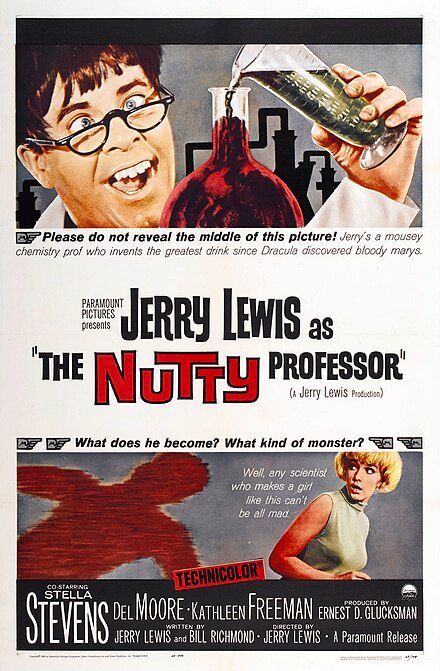
7. **The Nutty Professor (1996)**Moving right along, let’s talk about “The Nutty Professor,” Eddie Murphy’s wonderfully unhinged update of the classic 1963 Jerry Lewis movie. If you’re not a fan of what the really young ones affectionately call “potty talk,” then this might not be your cinematic cup of tea. But for those ready for some no-holds-barred bodily humor, it’s an absolute riot, proving that sometimes, the most sophisticated laughs come from the most basic gags.
This film didn’t just bring the laughs; it also brought home some serious hardware, snagging the Best Makeup award at the 69th Academy Awards. That’s all thanks to Murphy’s incredible transformative ability, not only as the beloved, rotund Professor Sherman Klump but also as the various members of his hilariously boisterous extended family, who, as the context so perfectly puts it, are “prone to rude noises.” It’s a showcase of comedic genius and technical artistry combined.
Now, we do need to address some of the film’s more sensitive points. “The Nutty Professor” definitely makes many, many jokes about Sherman’s weight. And while we’re absolutely rooting for Sherman throughout his journey and against the people who mock him, it can be a tough watch for anyone who has personally struggled with their weight. It’s a testament to the film’s commitment to its comedic vision, even when it veers into uncomfortable territory.
Despite these moments, the movie manages to balance its irreverent humor with a genuinely heartwarming story about self-acceptance and inner beauty. It’s a classic example of how ’90s comedies weren’t afraid to dive headfirst into potentially offensive subjects, yet still deliver a narrative with a surprisingly sweet and resonant core. This complex blend is what truly cemented its place as a memorable and fearless comedy.
8. **Chasing Amy (1997)**Next up, we’ve got another Kevin Smith classic, “Chasing Amy,” a film that, let’s be honest, would probably be a total “non-starter today” if it were released with the same plot. The core premise, featuring a lesbian woman, played by Joey Lauren Adams, starting a relationship with a heterosexual guy, Ben Affleck, was groundbreaking for its time but certainly sparked a lot of conversation.
Indeed, “many people have found a lot wrong with the film,” not just because of its premise, which many find objectionable, but also due to its consistently “raunchy throughout” dialogue and themes. It’s the kind of movie that makes you squirm and laugh, sometimes simultaneously, pushing the boundaries of what mainstream romantic comedies dared to explore in the mid-nineties.
However, it’s not all controversy; the film has its “strong defenders,” and for good reason. For a mainstream comedy of its era, it was “pretty advanced… in its presentation of gay characters.” It sparked important discussions and opened doors, even if imperfectly, to more diverse representations in cinema, something we truly appreciate looking back.
Fast forward to today, and “Chasing Amy”‘s legacy continues to evolve in fascinating ways. Filmmaker Sav Rodgers even created a new documentary, “Chasing Chasing Amy,” detailing how the original movie profoundly influenced his “own queer coming out.” This speaks volumes about the enduring, complex, and deeply personal impact these fearless ’90s comedies had on their audience, often in ways the creators might never have fully anticipated.
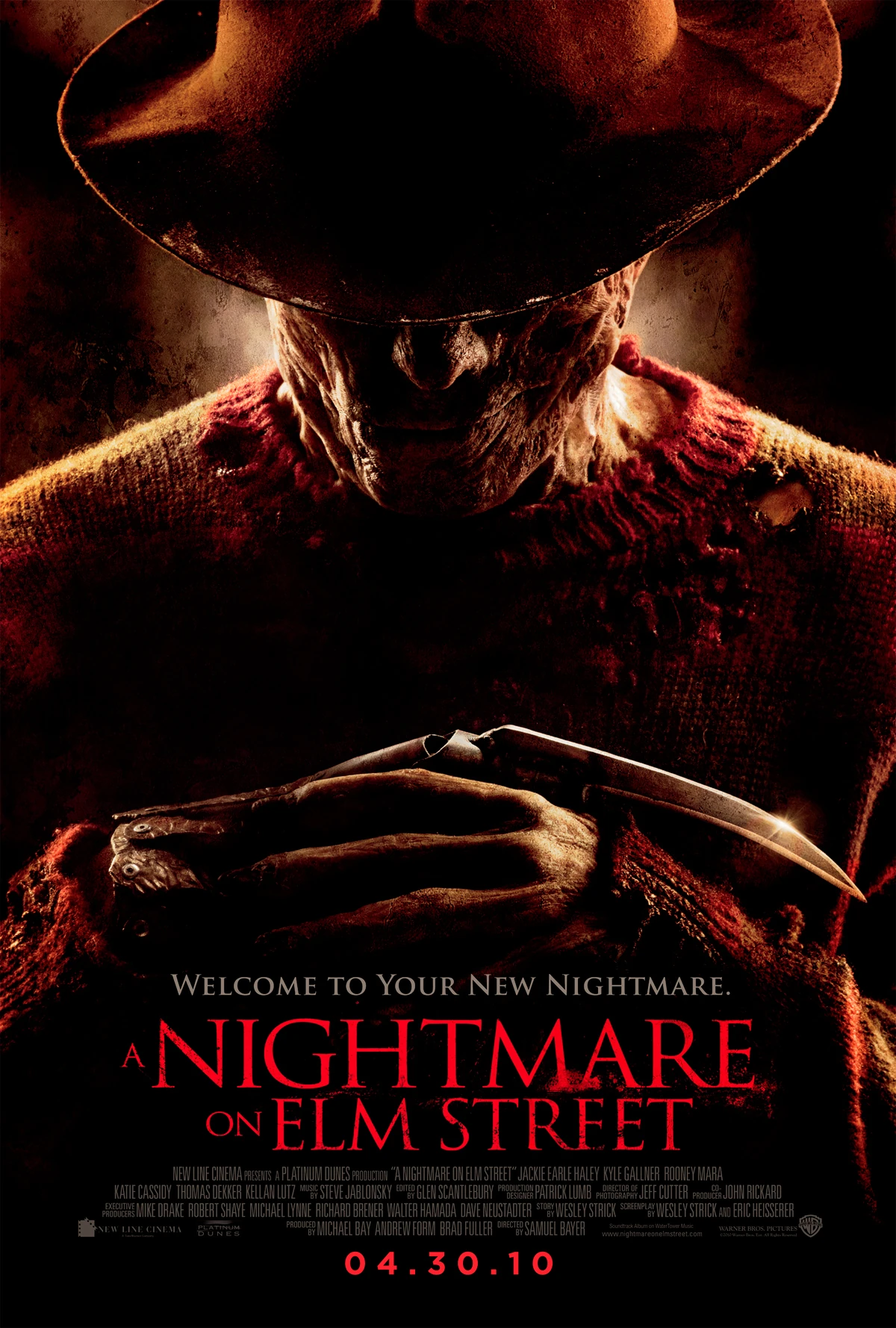
9. **The Nightmare Before Christmas (1993)**Alright, let’s pivot to something wonderfully different: “The Nightmare Before Christmas.” Is it a “deliciously demented Halloween movie (or is it a Christmas movie?)” The debate rages on, but what’s undeniable is its unique charm. Directed by Henry Selick and springing from the brilliant mind of Tim Burton, this stop-motion marvel absolutely owns its distinct, macabre vibe.
The story itself is quite a ride, centering on Jack Skellington, the Pumpkin King, who grows “bored with simply crushing it every year at Halloween” and decides to try his hand at Christmas. This whimsical, yet dark, premise sets the stage for a holiday film unlike any other, showcasing an imaginative spirit that truly didn’t care for conventional festive cheer.
This film doesn’t shy away from being genuinely spooky, especially for younger viewers. It’s “full of genuine scares,” and the “clown with the tearaway face in the first moments is a good gauge of whether kids can handle the movie.” What’s more, it “never tones down the darkness, decay, or worms,” which is a bold choice that truly committed to its unique gothic aesthetic. It embraced its oddity, and that’s why we adore it.
Because of its “total commitment to goth atmospherics,” the film has garnered an incredibly devoted following. The people who love it, and many of them are indeed “not even in kindergarten yet,” absolutely adore it. And for those who don’t quite get its unique appeal, well, as the saying goes, “they can go watch a million less thrilling holiday movies.” This movie truly carved its own path, creating a devoted cult following that spans generations.
As if its visual splendor and unique narrative weren’t enough, the film also boasts a “murderer’s row of voice talents,” adding another layer of artistry to its already rich tapestry. We’re talking about the incredible Danny Elfman, who also composed the iconic music, alongside legendary voices like Paul Reubens, Catherine O’Hara, and Chris Sarandon. Their contributions brought these wonderfully strange characters to life, solidifying the film’s status as a ’90s animated masterpiece that defied categorization.
Read more about: Phil Mickelson’s Garage Unveiled: The Golf Legend’s High-Performance Rides and Extravagant Lifestyle
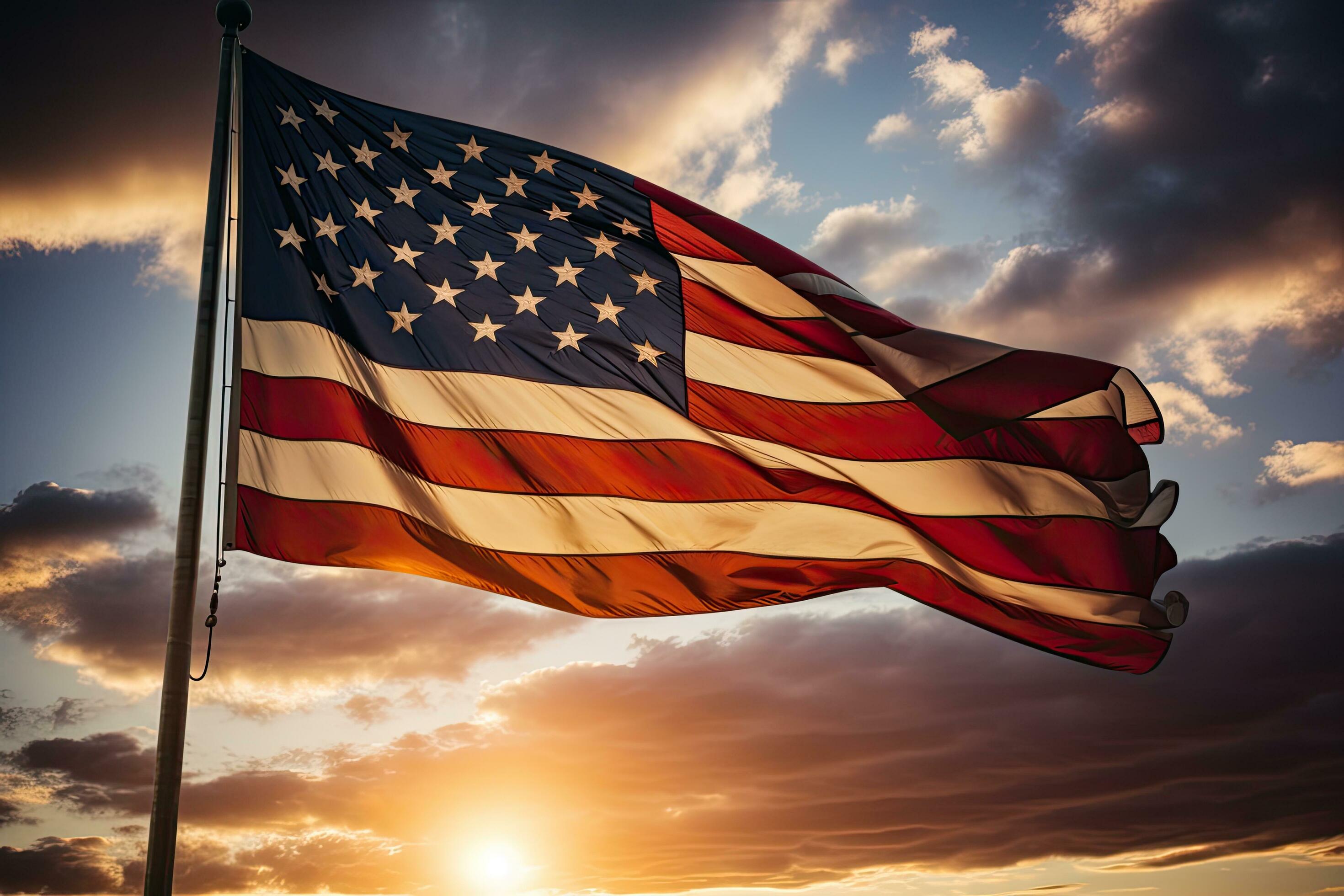
10. **American Pie (1999)**Ah, “American Pie.” This movie was a cultural phenomenon at the close of the ’90s, defining a certain brand of raunchy, coming-of-age comedy. However, we have to acknowledge that some elements haven’t exactly aged like fine wine. Specifically, the “surreptitious surveillance of Nadia (Shannon Elizabeth) hasn’t aged well at all,” and the movie, unfortunately, “treats the situation too lightly for many modern audiences.” It’s a stark reminder of how comedic sensibilities can shift over time.
It’s important to note that even in 1999, many people recognized the problematic nature of this scene. To the movie’s credit, the context points out that “plenty of people knew it was wrong in 1999, as well, including, to the movie’s credit, some characters in the film.” This detail highlights that even within the film’s original audience and narrative, there was an awareness of what was, and wasn’t, acceptable, though clearly not enough to deter its overall trajectory.
But let’s be real, the Nadia situation is “only one of the potentially offensive things in American Pie.” This movie truly embraced its designation as an R-rated comedy, pushing boundaries with gusto. And of course, who could forget the very, very “upsetting scene between a young man (Jason Biggs) and a pie”? It’s a moment that became instantly iconic, cementing the film’s place in the pantheon of outrageous ’90s humor, whether you approve or not.
“American Pie” was undeniably influential, sparking countless imitations and solidifying a new archetype for teen comedies. Its audacious approach to sex, relationships, and the often-cringeworthy journey through adolescence resonated with a generation, proving that sometimes, even the most questionable humor can become a defining cultural touchstone. It truly captured the anxieties and wild abandon of being a teenager at the turn of the millennium, for better or worse.
Read more about: Sir Michael Gambon, the Distinguished Actor Who Enchanted Audiences as Dumbledore, Dies at 82: A Legacy of Stage and Screen Mastery

11. **South Park: Bigger, Longer and Uncut (1999)**When “South Park: Bigger, Longer and Uncut” hit theaters, it brought all the no-holds-barred satire of the TV show to the big screen, amplified to epic proportions. This movie doesn’t just push boundaries; it gleefully demolishes them, even going so far as to “seek out sympathy for the devil.” Yes, you heard that right – we’re actually “supposed to root for Satan himself as he tries to escape an abusive relationship with Saddam Hussein.” Only South Park could pull that off with a straight face, or rather, with utterly offensive glee.
The film is packed with the kind of outrageous content that only Trey Parker and Matt Stone could conjure. There’s “lots of violence against kids and flagrant anti-Canadian propaganda,” which is pretty much par for the course for the show. But here’s the kicker: the context dryly notes, “Canadians were too nice to get offended.” It’s a classic South Park jab, delivered with precision and pure irreverence that continues to delight its loyal fanbase.
Beyond the shock value and the musical numbers, the movie actually delivers some surprisingly profound moments. The “best thing about the movie is Satan realizing that he doesn’t need anyone — not even Saddam Hussein — to complete him.” What he truly needs, it turns out, “is a little time alone.” It’s a bizarrely heartwarming, self-actualization moment for the Prince of Darkness, wrapped up in a package of unadulterated offensiveness. This film perfectly encapsulates the ’90s trend of smuggling smart observations into seemingly crude humor.
“South Park: Bigger, Longer and Uncut” is a brilliant example of how ’90s comedy could be utterly fearless in its satire, using extreme scenarios and shocking content to comment on everything from celebrity culture to political correctness. It cemented the show’s legacy as a cultural force, proving that no topic was sacred and no joke too taboo, as long as it made you laugh and, perhaps, think a little.
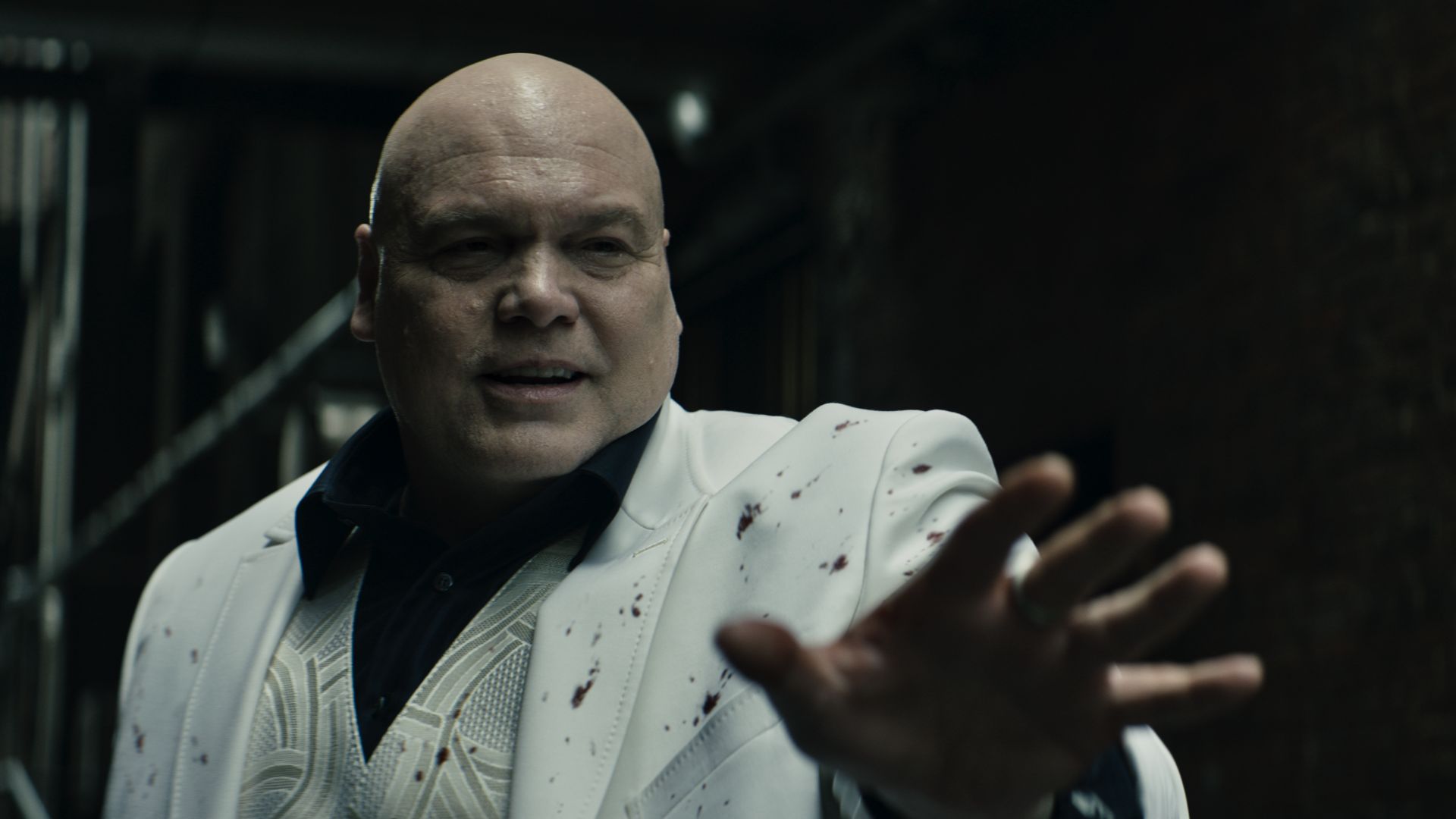
12. **Kingpin (1996)**And finally, rounding out our list is “Kingpin,” the second Farrelly Brothers masterpiece to grace our fearless ’90s lineup. This is another one that absolutely revels in its politically incorrect humor, so much so that it “would probably offend Amish people, if their beliefs allowed them to see it.” Clearly, the Farrellys were never ones to shy away from a niche target for their comedic barbs, and we love them for it.
Those who manage to, ahem, *find* a way to watch it are “missing out on a lot of racy humor.” Much of this comes “courtesy of Claudia (Vanessa Angel),” who brings a certain uninhibited charm to the screen. And let’s not forget the “absolutely terrific but filthy joke involving a bull” – a moment that perfectly captures the Farrelly Brothers’ unique brand of outrageous, often animal-related, humor that leaves you simultaneously disgusted and in stitches.
One of the film’s undeniable highlights involves a truly iconic performance. Woody Harrelson’s reaction to “the best line in the movie — delivered by an Amish character, no less — is maybe his finest moment onscreen, a masterwork of understated acting.” It’s a subtle yet utterly hilarious payoff in a movie full of grand, over-the-top gags. Plus, be warned, “you’ll never look at a milk mustache the same way again” after witnessing the film’s particular brand of dairy-related shenanigans.
“Kingpin” perfectly embodies the Farrelly Brothers’ signature blend of gross-out gags, endearing characters, and a surprising amount of heart, all wrapped up in a narrative that consistently defies expectations. Its fearless dive into the absurd, particularly within the world of professional bowling and its unexpected Amish connections, makes it a true ’90s gem. It’s a comedy that truly dared to be different, earning its place among the most audacious films of the decade.
And there you have it, a wild ride through a dozen of the most fearless ’90s comedy movies that truly, absolutely, gloriously didn’t care if you were offended. These films weren’t just about cheap laughs; they were cultural statements, pushing the envelope, challenging norms, and often, beneath all the audacious gags, delivering surprisingly smart observations and genuine heart. They proved that sometimes, the best comedy is the kind that makes you gasp before you burst out laughing. So go ahead, revisit these classics, and let us know which ones still make you cringe, chuckle, and ultimately, feel utterly entertained. If you enjoyed this journey, be sure to check out our other lists for more throwback fun and pop culture dives!

